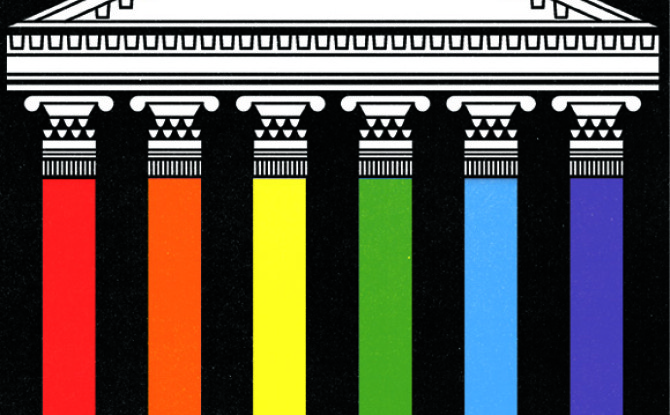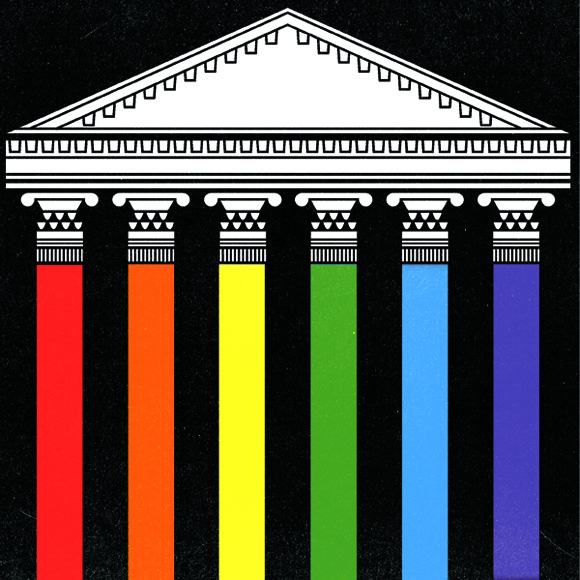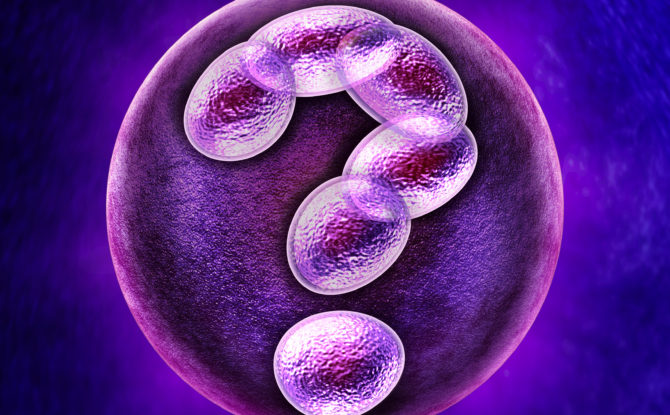Pompeo, Department of State, appeals court ruling that bi-national family’s children are American
More than a year after the US Department of State shrugged off existing same-sex marriage and immigration laws and rejected citizenship for a child of two gay dads, the agency is now appealing a federal judge’s ruling that the child is an American citizen.
As it turns out, the Department of State has stuck to its posture in this kind of case for years — dating back before the Trump administration.
Israeli citizen Elad Dvash-Banks and American citizen Andrew Dvash-Banks were married in Canada in 2010 and had two sons via surrogates there in 2016 before moving to California. Andrew is the biological father of Aiden and Elad is the biological father of Ethan, but both fathers are legal parents of both kids. The Immigration and Nationality Act (INA) stipulates that the children — born in Canada — should both be American citizens because at least one of their parents is an American citizen.
Yet, the Rex Tillerson-led State Department argued otherwise, saying that Ethan — the boy whose biological father is not an American citizen — is also not American. In deciding the question of US citizenship for the two Canadian-born children, the State Department went so far as to order DNA tests on both of the boys.
The State Department conclusion would leave young Ethan as the only member of the Dvash-Banks not eligible for permant residency in the US; his father qualifies as the spouse of an American citizen.
Andrew and Elad, represented by the LGBTQ-focused legal group Immigration Equality, decided in January 2018 to challenge that finding in federal court in the Central District of California. The court ruled in February of this year that the boy is a “US citizen at birth” and gave the State Department — now headed up by Mike Pompeo — 60 days to appeal.
On the 60th day, the Trump administration moved forward with an appeal in the Ninth Circuit Court of Appeals, despite that court having twice ruled that the INA should be interpreted that there need not need be a biological link between children and their legal parents in order for them to be recognized as US citizens as long as one parent is an American citizen.
gaycitynew.nyc, May 12, 2019 by Matt Tracy
Click here to read the entire article.





 Despite this progress, a complex network of state laws, regulations and restrictions affect many of our most common paths to parenthood, meaning would-be LGBTQ. parents can face a far more complicated legal landscape than our straight counterparts.
Despite this progress, a complex network of state laws, regulations and restrictions affect many of our most common paths to parenthood, meaning would-be LGBTQ. parents can face a far more complicated legal landscape than our straight counterparts. 


 Fast forward to 2018, when we got married and bought a house within the same week. But our dream wouldn’t be complete without one more miracle: motherhood. The medical recommendation is that women have children before the age of 35, so we decided that Nikki should carry first since she’s 33 and I’m 28. But like many folks who seek out fertility help, we had no idea how difficult it would be to find the perfect sperm donor, let alone a black sperm donor.
Fast forward to 2018, when we got married and bought a house within the same week. But our dream wouldn’t be complete without one more miracle: motherhood. The medical recommendation is that women have children before the age of 35, so we decided that Nikki should carry first since she’s 33 and I’m 28. But like many folks who seek out fertility help, we had no idea how difficult it would be to find the perfect sperm donor, let alone a black sperm donor.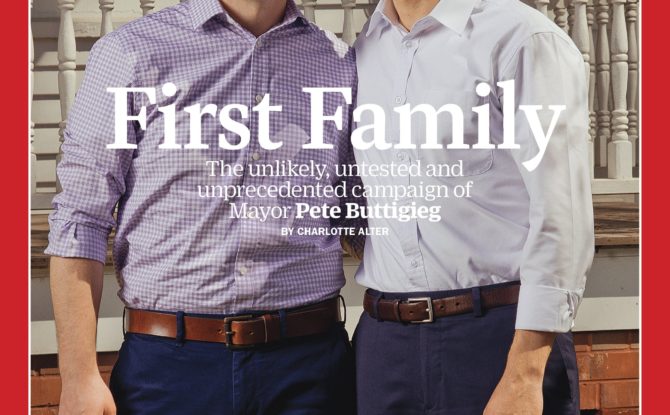
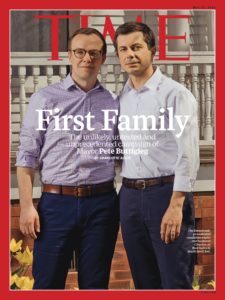 Pete Buttigieg ignored the heckler, plowing forward with his stump speech about American decency as his husband Chasten looked on. “Pete,” the Devil whispered. “I want the heartland, Pete.”
Pete Buttigieg ignored the heckler, plowing forward with his stump speech about American decency as his husband Chasten looked on. “Pete,” the Devil whispered. “I want the heartland, Pete.”